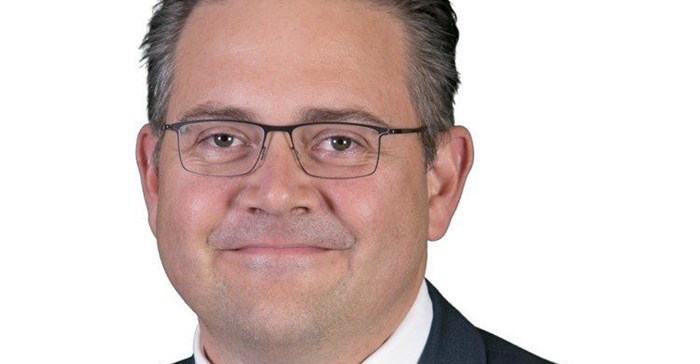
Top stories






More news


Marketing & Media
Ads are coming to AI. Does that really have to be such a bad thing?














These costs, unfortunately, are drawing spending power away from critical areas such as skills development, job creation, education and healthcare, underscoring again that something needs to be done to halt South Africa’s debt spiral.
And on this front, the elephant in the room is quite obviously the public sector wage bill, which is currently the largest of all the OECD countries relative to GDP, accounting for 46% of all tax revenue in 2019/20 as a result of years of an increasing public sector headcount and above-inflation wage increases.
In his Medium Term Budget Policy Statement (MTBPS), Tito Mboweni pointed out that adjusting for inflation, the average government wage has risen by a shocking 66% over the past 10 years – completely disproportionate to increases in the private sector, and without achieving a commensurate rise in productivity.
The question remains, however, whether government will be able to do anything about its wage bill, and particularly whether it will be able to successfully negotiate with trade unions to moderate wage increases to levels in line with or even slightly below inflation.
Far more optimistically, Mboweni said that he would also deal with the executive remuneration at state-owned enterprises (SOEs) and fiscal leakage. For the foreseeable future, salaries of Cabinet, premiers and MECs will thus be frozen at current levels, demonstrating that the top layer of government will have to take the pain along with society as a whole.
Additionally, cars for Cabinet and the executives will be capped at R800,000 (incl VAT), although this is still at the luxury end of the scale, especially when compared to the average South African who uses public transport. Capped cellphone claims and economy class domestic travel further round out budget cuts, and I for one am rather pleased to note that there will be more of us travelling in the back of the plane.
Other short-term plans for cutting back on excess expenditure are expected to result in some R20bn in cost savings from various departments. But, while capping expenditure is important, the magic ingredient needed to restore the economy back to health over the next three years is rather to stimulate economic growth through policy implementation.
On the policy front, it is extremely positive to note that Mboweni’s recently published economic plan, Economic Transformation, Inclusive Growth and Competitiveness: Towards an Economic Strategy for South Africa, draws lessons from fast-growing emerging and sub-Saharan African economies – particularly as five of the fastest growing countries in the world are currently in Africa.
Ethiopia, for instance, is a great role model for this country, demonstrating that the goals and targets outlined within Mboweni’s plan are within our reach if government takes action and begins implementing the right policies.
The minister particularly mentioned that the 10 major criteria that he wants to prioritise are within his blueprint document, which has received widespread feedback. Again, however, it is one thing to mention this plan within the MTBPS and quite another to actually start walking the walk, and all eyes will be on Mboweni to see whether he is able to deliver on his plan.